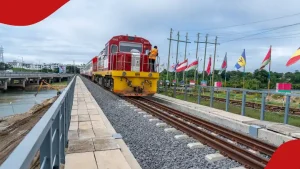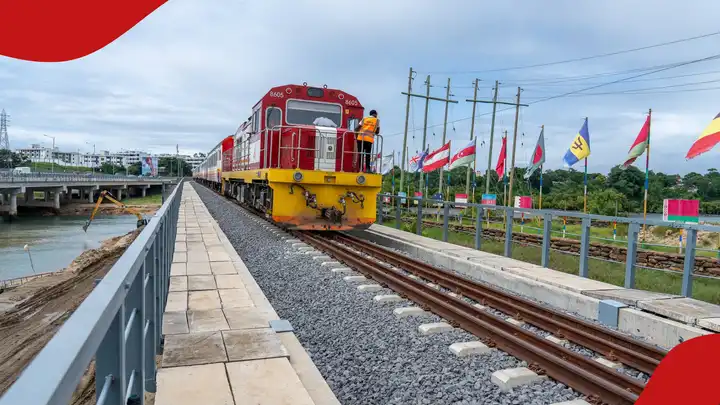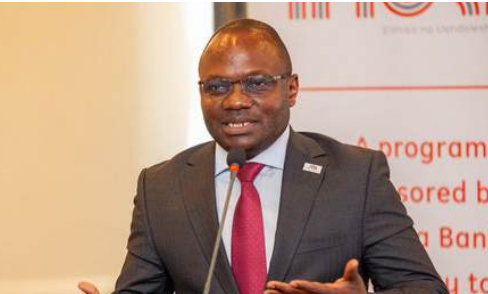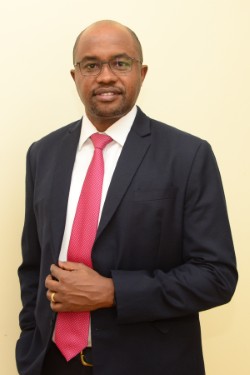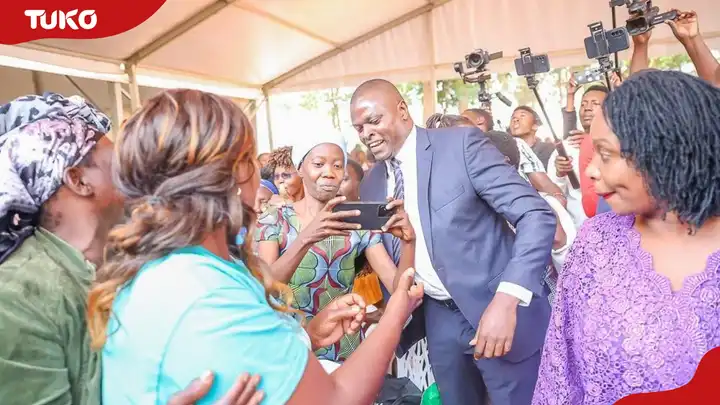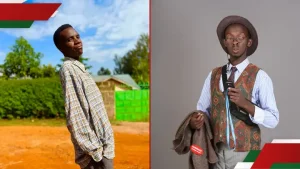A silent storm is gathering in the higher education sector, and it could leave thousands of dreams in ruins. HELB CEO Geoffrey Monari decried inadequate funding to cover university and colleges students. The Higher Education Loans Board (HELB) has confirmed that it lacks sufficient funds to offer new student loans this academic year, spelling disaster for many learners who depend on government support to pursue university and college education. In the last financial year, HELB required KSh 48 billion to meet its obligations, but the National Treasury only disbursed KSh26 billion.
This shortfall left over 100,000 students either partially funded or entirely unsupported. While some were lucky to receive full loans, others were only granted upkeep allowances, leaving tuition fees unpaid. HELB Chief Executive Officer Geoffrey Monari said the situation has worsened in the current academic cycle, particularly during the second semester. Will HELB disburse 2025 loans to students? To prevent unrest among students, HELB prioritised upkeep support. However, this decision has placed immense financial pressure on universities and Technical and Vocational Education and Training (TVET) institutions, which rely heavily on tuition fee remittances for operations. “That’s why you are seeing students are not making as much noise because they got their upkeep money, but they didn’t get the tuition money to their institutions. That is where the challenge is. So the person suffering is the institutions, the universities and colleges,” Monari stated. Many institutions are now struggling to stay afloat, with delayed payments threatening essential services and staff salaries.
At the same time, the loans board is grappling with widespread loan default. Despite securing employment and even acquiring luxury assets, many past beneficiaries have failed to repay their loans. HELB wants access to beneficiaries’ KRA, NTSA data To address this, HELB is now seeking access to databases from the Kenya Revenue Authority (KRA) and the National Transport and Safety Authority (NTSA) to trace defaulters more effectively. “We propose to enact legislation to grant HELB statutory access to third party data from relevant institutions such as KRA and NTSA. This will enhance targeting of financial aid and tracing and enforcement mechanisms,” Monari said, adding that recovery efforts will now be intensified. To address the persistent underfunding, HELB also proposed sweeping reforms aimed at establishing a sustainable funding model. Among the key proposals is a 3% education levy drawn from Value Added Tax (VAT) collections, modelled after Ghana’s 2.5% VAT allocation for education.
According to Monari, this would provide a steady and predictable source of funding to support higher education in the long term. In addition, the board has floated the idea of a voluntary savings scheme for parents. This would be managed by HELB and would function like an investment fund, allowing parents to save towards their children’s education, earn dividends, and even access credit facilities when needed. HELB warned that unless urgent financial measures are implemented, the upcoming September intake could see thousands of qualified students locked out of higher education. The loans board appealed to Parliament and the Treasury to act quickly to save the sector and prevent what could become a generational education setback.
By Harry Ivan Mboto

